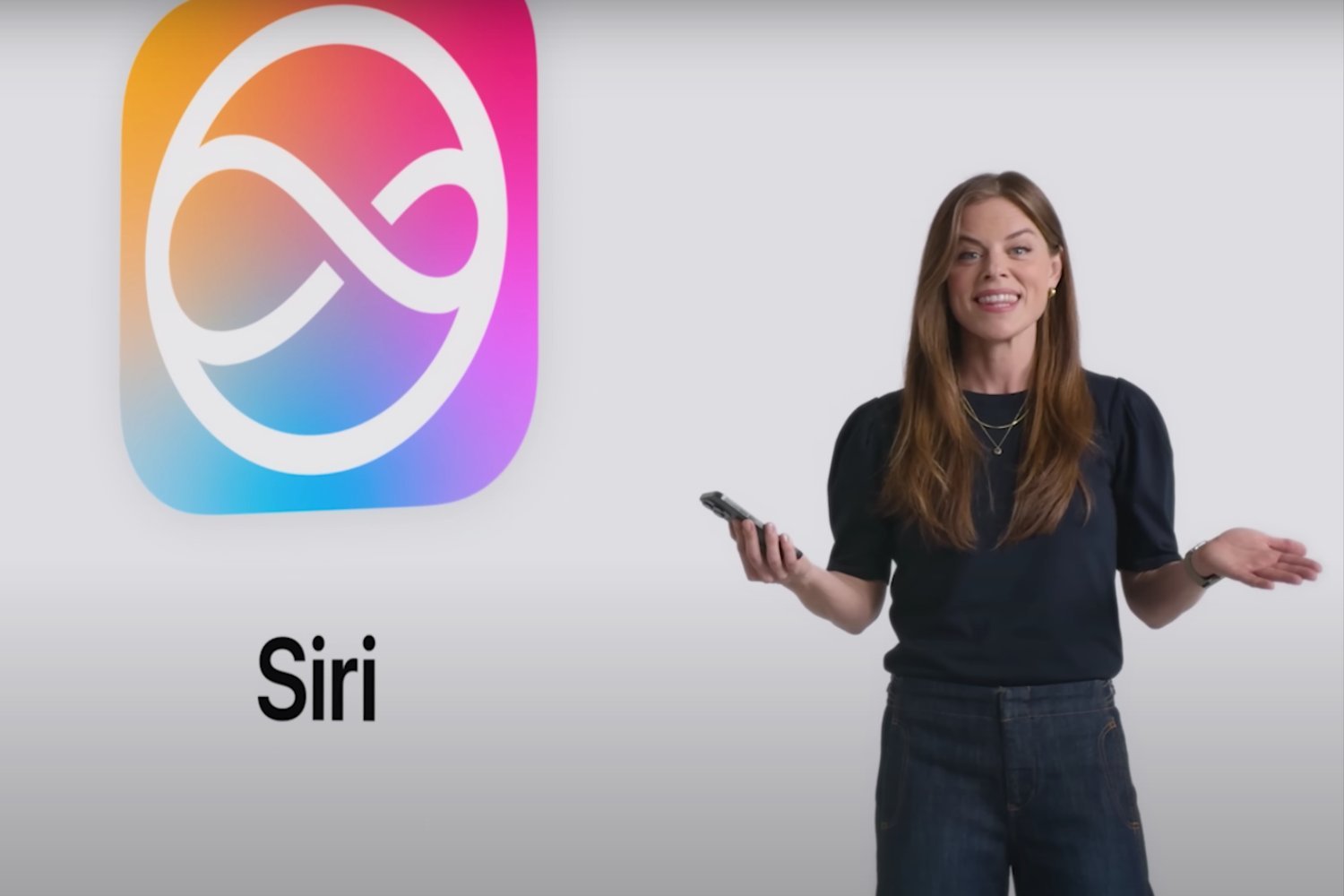The true reasons behind the delay that Apple chose not to disclose about its new virtual assistant

The unveiling of the new Siri with Apple Intelligence excited millions of users, but its absence for over a year raised suspicions. What went wrong in the development? Why did Apple decide to postpone the launch? During WWDC 2025, Craig Federighi, one of the company’s most influential figures, broke the silence. What he revealed went beyond simple technical failures, uncovering a complex process of strategic decisions and redesigns.
## An assistant that didn’t arrive on time
The evolution of Siri with enhanced capabilities was one of the big promises of WWDC 2024. However, despite the excitement generated, this promise did not materialize. In 2025, Apple publicly acknowledged that the development did not progress as expected. Craig Federighi, vice president of software engineering, explained that even though they worked intensively on new features such as contextual understanding and the ability to respond to interruptions, they did not achieve the desired level of quality.
During an interview with content creator iJustine, Federighi admitted that the project was not ready: “Either Siri becomes something you can fully trust, or you simply don’t use it.” The demands for stability and accuracy were so high that they decided not to settle for a mediocre version.

## An architecture that fell short
The core of the problem was technical. Apple was developing two parallel architectures for the new assistant: an initial one (V1) and a more advanced one (V2). The plan was to launch V1 while perfecting V2. However, when they tested the first one, they realized it did not meet the minimum standards. “The limitations of V1 were insurmountable,” explained Federighi, adding that launching it would have been a disappointment for users.
This turn of events forced an early migration to V2, resulting in the delay of the entire launch. Despite the adjustments, Apple claims that it was not necessary to start from scratch: V1 served as the foundation for a more robust, comprehensive, and flexible version on which they continue to work.

## Internal restructuring and new players
The impact of the initial failure was such that Apple restructured its teams. John Giannandrea, who was in charge of Siri, was removed from the project, and Mike Rockwell, head of the Apple Vision Pro team, took over the leadership. Specialized engineers in that device were also brought in to reinforce the development of the assistant.
Federighi even authorized the use of open-source AI models, an unusual move for the company. Apple, traditionally closed to external tools, was forced to break its own rules to push the project forward.
Although there is no specific date yet, the new Siri with Apple Intelligence is expected to arrive at some point in 2026. Meanwhile, in Cupertino, they remain determined not to repeat the mistakes of the past.




